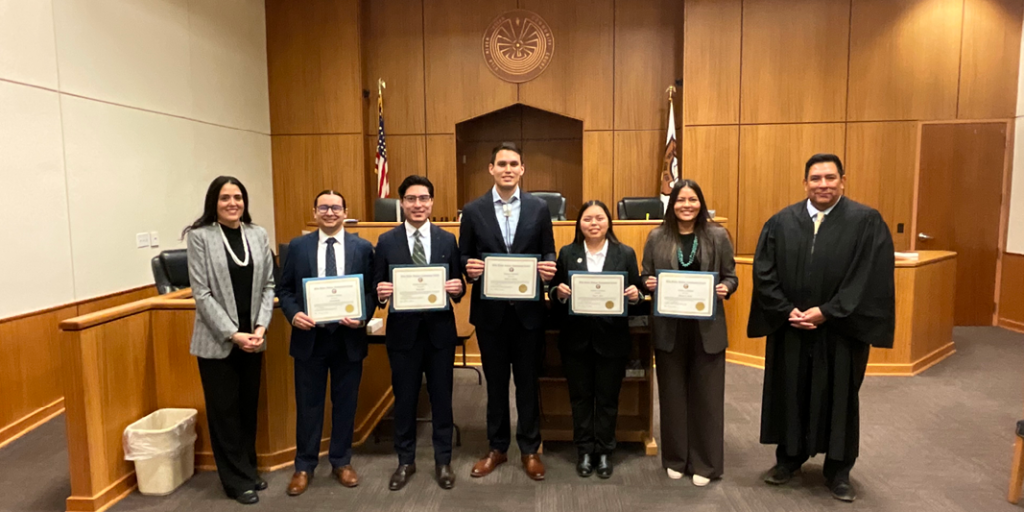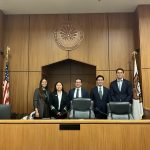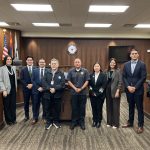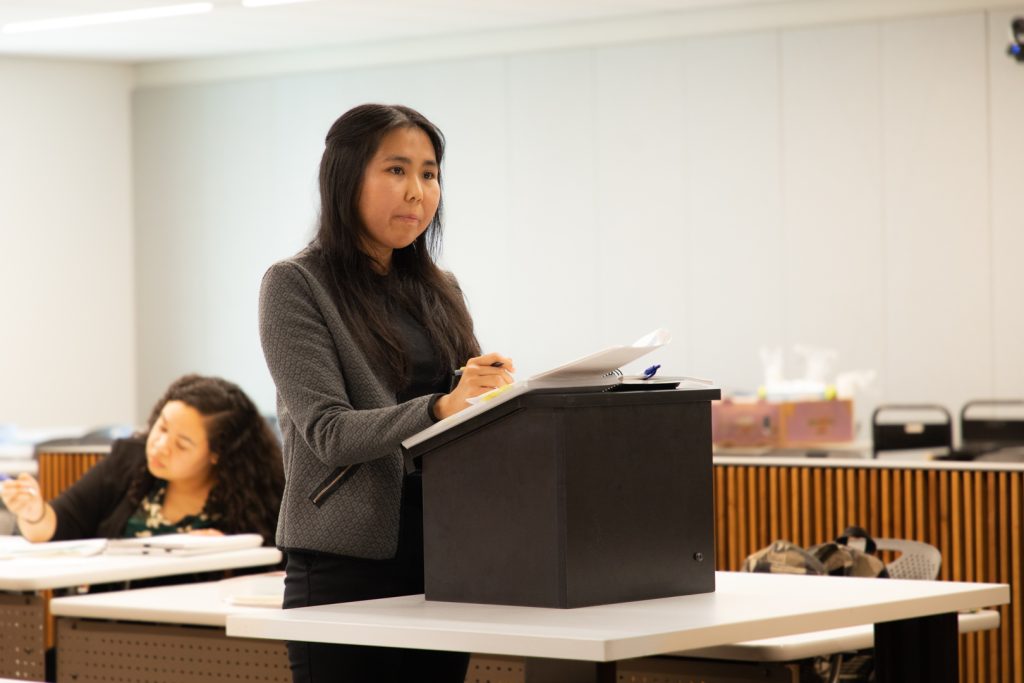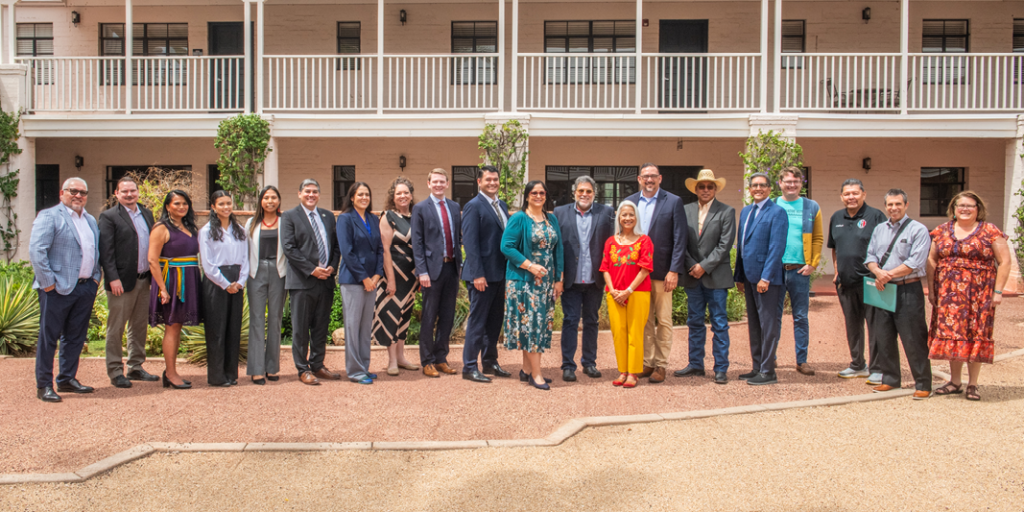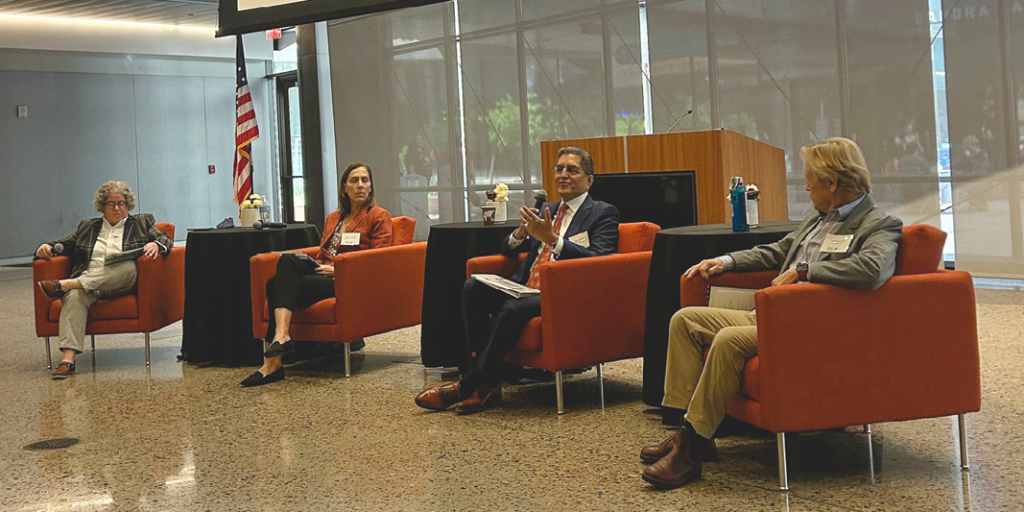Native American Program Staff Attorney New Mexico Legal Aid
Albuquerque – NM (United States), Gallup – NM (United States), Las Cruces – NM (United States), Roswell – NM (United States), Santa Fe – NM (United States), Silver City – NM (United States), Taos – NM (United States), Santa Ana Pueblo – NM (United States)
Salary
$63,376.18 – $100,547.39 USD per year
Native American Program Staff Attorney
Santa Ana Pueblo, New Mexico
New Mexico Legal Aid (NMLA) provides civil legal services to low-income New Mexicans to promote family and economic stability, helping clients access food, shelter, security, and to preserve their unique cultural heritages. NMLA has locations throughout the state, including Santa Ana Pueblo, Albuquerque, Santa Fe, Las Cruces, Gallup, Roswell, Silver City, and Taos.
NMLA’s Native American Program (NAP) provides free legal services – both civil and criminal – to eligible low-income Native Americans living on or near the 19 Pueblos and the Mescalero Apache tribe in New Mexico. In addition to cases promoting family and economic stability, NAP prioritizes cases arising because of someone’s status as a Native American, including tribal and Indian law, estate planning involving tribal property, racial discrimination, and tribal criminal court cases. Much of NAP’s caseload is comprised of cases in Pueblo courts, but the program handles poverty law issues coming up in other fora as well.
NAP does creative, challenging, and complex work in diverse client communities. We are looking for highly motivated candidates who are passionate and strongly committed to helping serve Native American communities, including developing effective team strategies to handle complex advocacy. The attorney shall be active in relevant bar and community activities. All NMLA staff attorney positions fall under a collective bargaining agreement. This position is based in NAP’s office on Santa Ana Pueblo, New Mexico, and includes regular travel around the state.
We are seeking two NAP Staff Attorneys, whose responsibilities include but are not limited to the following tasks, under the supervision and direction of the NAP Litigation Specialist and NAP Director:
- Provides legal services, from advice to full representation, to eligible clients within NAP’s priorities.
- Participates in NAP’s outreach activities, which include developing community education presentations and pro se materials responsive to the needs of NAP’s client community members, meeting with tribal agency personnel regarding the legal issues of their communities, and staffing occasional NAP legal clinics.
- Analyzes NAP applicants’ needs to highlight areas where systemic solutions or more dedicated focus would prove valuable.
Requirements:
- Understanding of tribal law and federal and state Indian law, particularly in areas handled by NAP case workers, including court procedures;
- Experience – lived or professional – in low-income Native communities, preferably Pueblo communities, is preferred;
- Experience as an attorney, including experience in tribal courts, on matters concerning the unique status of Native persons;
- Admission to practice in New Mexico required; or ability to become licensed to practice in New Mexico within three months of hire and admission to practice in another state’s jurisdiction;
- Ability to work effectively in a diverse team, including adjusting communication for a variety of cultural backgrounds and learning styles;
- Ability to take initiative to identify questions or barriers faced in their work, design and propose solutions, and proactively communicate with colleagues and supervisors who are working out of different offices;
- Excellent written and oral communication skills;
- Ability to effectively use computer technology and remote communications systems, including shared on-line workspaces and web meeting and videoconferencing software, to effectively work with staff located in multiple offices;
- Ability to manage multiple tasks, manage a caseload, and build collaborative relationships across different NMLA offices.
- Bilingual is a plus (such as English/Keres, English/Navajo)
This position is part of a collective bargaining agreement negotiated by the union. Pay is determined by years of experience and set by a union scale outlined in the CBA (click here to view the salary scale).
Company Benefits:
- 100% employer-paid BCBS medical, plus dental and vision for employees; generous contributions for dependents
- 3 weeks vacation time, 6 days personal time, liberal sick pay, and federal holidays off
- Comp time for overtime
- Hybrid work schedule (3 days in office, 2 days remote – your choice!)
- 37.5-hour work week
- 403(b) Retirement Plan
- Competitive salary
- Click here for more information
Salary: $63,376.18 – $100,547.39 for licensed attorneys, DOE.
Application Deadline: March 5, 2026 or until filled. Resumes reviewed on a rolling basis.
Applicants must submit a current resume, three references, and a cover letter that explains your interest in this position and the mission of NMLA. Your application will not be considered unless we receive both of these documents. To apply, visit: https://newmexicolegalaid.isolvedhire.com/jobs/1699778
Applicants will be subject to a background check. Please do not let this deter you from applying. NMLA is committed to a strong workforce and recognizes that persons with marks on their record may still be able to perform admirably.
NMLA is an EEO Employer.
- External Job URL:https://newmexicolegalaid.isolvedhire.com/jobs/1699778
Ellie Richardson
Human Resources Manager
jobs@nmlegalaid.org
5057686117
505 Marquette Ave NW Ste 700, Albuquerque – NM, United States (USA), 87102

